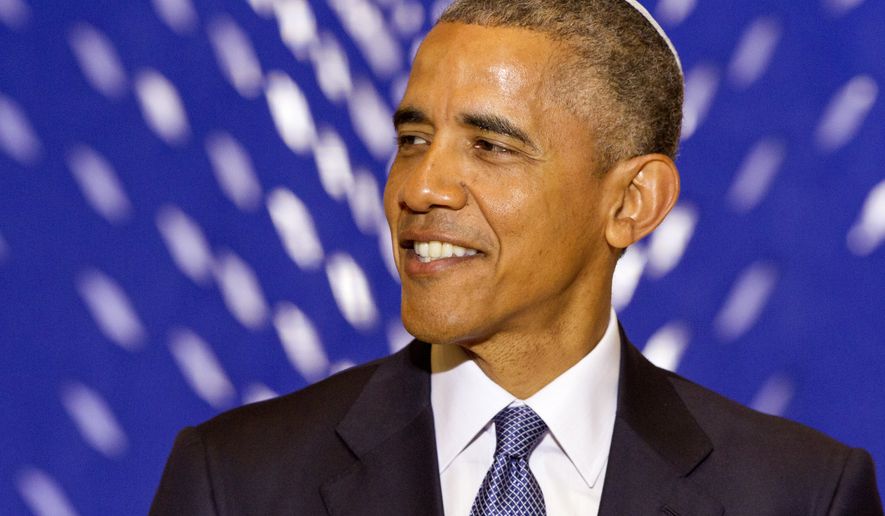The first major free trade bill in years is headed for the House, where passage of a bill to grant President Obama powers to conclude a Pacific trade deal faces a stiffer challenge than the one just overcome in the Senate.
Although more than a dozen pro-trade Democratic senators linked arms with most Republicans to grant Mr. Obama a major legislative victory in the upper chamber on a 62-37 vote, Democrats in the House are less inclined toward free trade and Republicans in the chamber are even more suspicious of granting Mr. Obama any broad powers.
But Friday’s vote was a substantial victory for Mr. Obama, who staked his personal prestige on winning a legacy-enhancing trade deal known as the Trans-Pacific Partnership. The vote was on fast-track negotiating powers, known as Trade Promotion Authority, that will allow Mr. Obama to complete negotiations on the 12-nation Trans-Pacific Partnership.
“It’s been a long time coming,” Sen. Orrin G. Hatch, the Utah Republican who led the fight for Trade Promotion Authority, said just ahead of the vote on what he called “likely the most important bill we’ll pass this year.”
Trade Promotion Authority lays out the conditions for Mr. Obama to complete negotiations on the Trans-Pacific Partnership and any other trade deals. It sets environmental and labor standards and sets a period for Congress to consider and vote on whatever final agreement the president submits.
The Senate vote was anticlimactic. The big test was a few hours earlier on an amendment that would have injected language into the fast-track powers requiring the administration to punish other countries deemed guilty of keeping their currency artificially low versus the dollar in order to gain an export advantage.
A lower-value currency makes a country’s exports more attractive to others and makes imports less attractive to its own consumers.
If the provision was approved, Mr. Obama said, he would have been forced to veto the fast-track trade bill he is desperately seeking from Congress because it would scuttle chances for a Pacific free trade pact.
But senators granted his wish in a 51-48 vote by defeating an effort to add the language and preserving the core of the fast-track trade deal.
Sen. Ron Wyden, the Oregon Democrat who organized the pro-trade members of his party during debate, said this deal is better than previous fast-track bills and insists on better terms for the U.S. than previous agreements such as the North American Free Trade Agreement, or NAFTA.
He said too much secrecy has been surrounding negotiations over the Trans-Pacific Partnership but that the fast-track bill would require nearly four months for the public and Congress to review it or any other final trade deal before it is put up for a vote.
Opponents said they aren’t convinced that this version would produce any better outcome than NAFTA or other previous deals.
“Tonight’s vote is a massive blow to workers and businesses across the country,” said Sen. Debbie Stabenow, Michigan Democrat.
The trade fight is as much a test of Mr. Obama’s legislative powers as it is of support for trade. The president has made the fight personal by taking on major liberal figures such as Sen. Elizabeth Warren, Massachusetts Democrat. Mr. Obama also has pleaded with his liberal base to trust that he can pursue free trade the right way.
“If done right, these agreements are vital to expanding opportunities for the middle class, leveling the playing field for American workers, and establishing rules for the global economy that help our businesses grow and hire by selling goods Made in America to the rest of the world,” he said after Friday’s vote.
• Stephen Dinan can be reached at sdinan@washingtontimes.com.




Please read our comment policy before commenting.